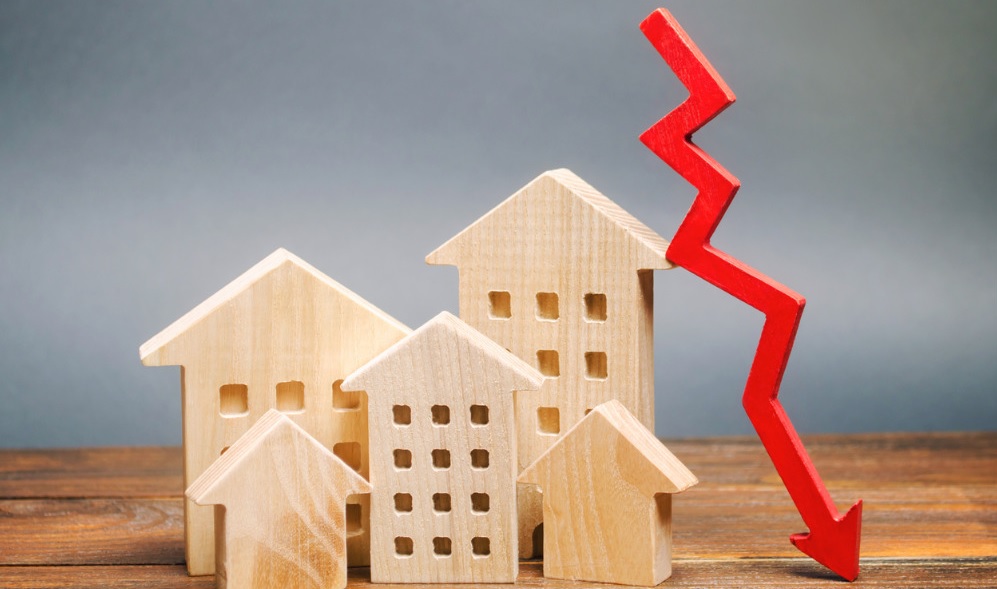Last week we discussed the sectors which would be impacted by a housing decline. In this article we discuss the implications to the economy in a housing downturn. We have seen auction clearance rates dropping in most areas recently and with more rate rises anticipated, interest in the housing market is weakening.
Consumer Spending
There is a direct correlation between the housing market and consumer spending. Consumer spending levels will then have an effect on the economy.
When house values go up, homeowners feel more confident about their financial situation. They use the equity in their homes to take out loans to spend money on renovations or on goods and services. People might also buy new furnishings and appliances to place in their newly purchased homes.
When housing values go down, consumers lose confidence and curb their spending. In a falling housing market, homeowners may find their property being valued less than their mortgage. This means that they cannot extract equity from their homes. Home owners are more likely to pay off their loan when their property value declines, rather than spend it on consumer goods.
When house prices go up households tend to save less and spend more on consumer goods. When house prices have fallen, household have saved more and there is a slowdown in consumer spending which can mean less GDP growth. For Australian retailers this could lead to conditions which will be challenging with consumers.
Decrease in Employment
Construction of new homes creates considerable number of jobs because there is a vast amount of labour involved in building a home. If demand for housing decreases, new home developments will also decrease which will decrease employment in the housing sector.
Purchases of old homes also contribute to the economy as it requires services from real estate agents, solicitors, and surveyors. So, a slowdown in the housing sector will affect those employed in the housing sector.
Decreases in job and employment numbers can mean a reduction of consumer discretionary spending. People will prioritise spending on basic needs if they are unemployed.
Decrease in Building Construction
Purchases of new housing contributes to the country’s GDP as new housing construction will involve demand for new materials. A housing downturn may mean less housing construction. This will then decrease the demand for raw materials for building. This will impact these companies supplying raw materials and the country’s GDP.
Lauren Hua is a private client adviser at Fairmont Equities.
An 8-week FREE TRIAL to The Dynamic Investor can be found HERE.
Would you like us to call you when we have a great idea? Check out our services.
Disclaimer: The information in this article is general advice only. Read our full disclaimer HERE.
Like this article? Share it now on Facebook and Twitter!

